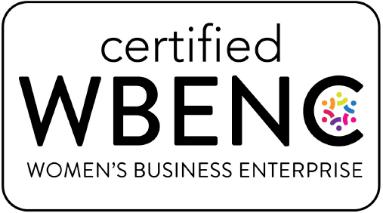Understand before you brand!
Designing a brand for a new product or service can be an exciting process. A well-designed brand can be a catalyst to put your company’s product or service on the map. However, every company owner or entrepreneur should be aware of the basics involved in selecting a brand name or creating a trademark. Specifically, it is important to choose a brand name that can be enforced as a trademark, rather than just a descriptive label of the product or service associated with the brand name.
For example, any company that attempted to claim “Apple” or any variation of the word as a trademark for a specific type of apple would be turned down by the U.S. Patent and Trademark Office (USPTO). However, when applied to electronics, the name “Apple” is distinctive, while definitely not applicable to any edible fruits. Similarly, the distinctive visual appearance of the name “Dell” in branding for computers and related electronics transforms the actual name of Michael Dell, the founder of the company, into an effective trademark.
Along with distinctiveness and not functioning as a description of a product or service, there are two important questions to consider when developing a potential trademark.
- Is your desired trademark available to register?
- Can your desired trademark be legally protected?
Your first step before submitting a formal trademark application is to conduct a free search through the Trademark Electronic Search System (TESS). In many cases, a search of TESS will reveal that the potential trademark you have selected is not available. While such a result would undoubtedly be disappointing, it is better to make that sort of discovery through a free database search rather than as the subject of adverse legal action for trademark infringement.
However, your search should not end there. While TESS includes all federally registered trademarks, it does not include trademarks registered with a state, or common-use trademarks that have not been formally registered. Likewise, specialized searches are necessary to discover logos, sound clips, and other non-text representations or renderings of trademarks.
Conducting a thorough search for similar trademarks is an essential element of due diligence. If your trademark is challenged by an infringement claim, a court will consider whether you made a reasonable effort to disclose similar trademarks, or trademarks that could potentially raise confusion among customers or clients, as a major criterion in deciding the case.
While contracting the services of a law firm for a trademark search can be costly, the money spent represents a wise investment. Such searches involve proprietary methods that access federal, state, and specialized databases in order to reveal unregistered trademarks. At Peacock Law, we can help you with all aspects of a trademark search and subsequent application. Contact us to learn how.


